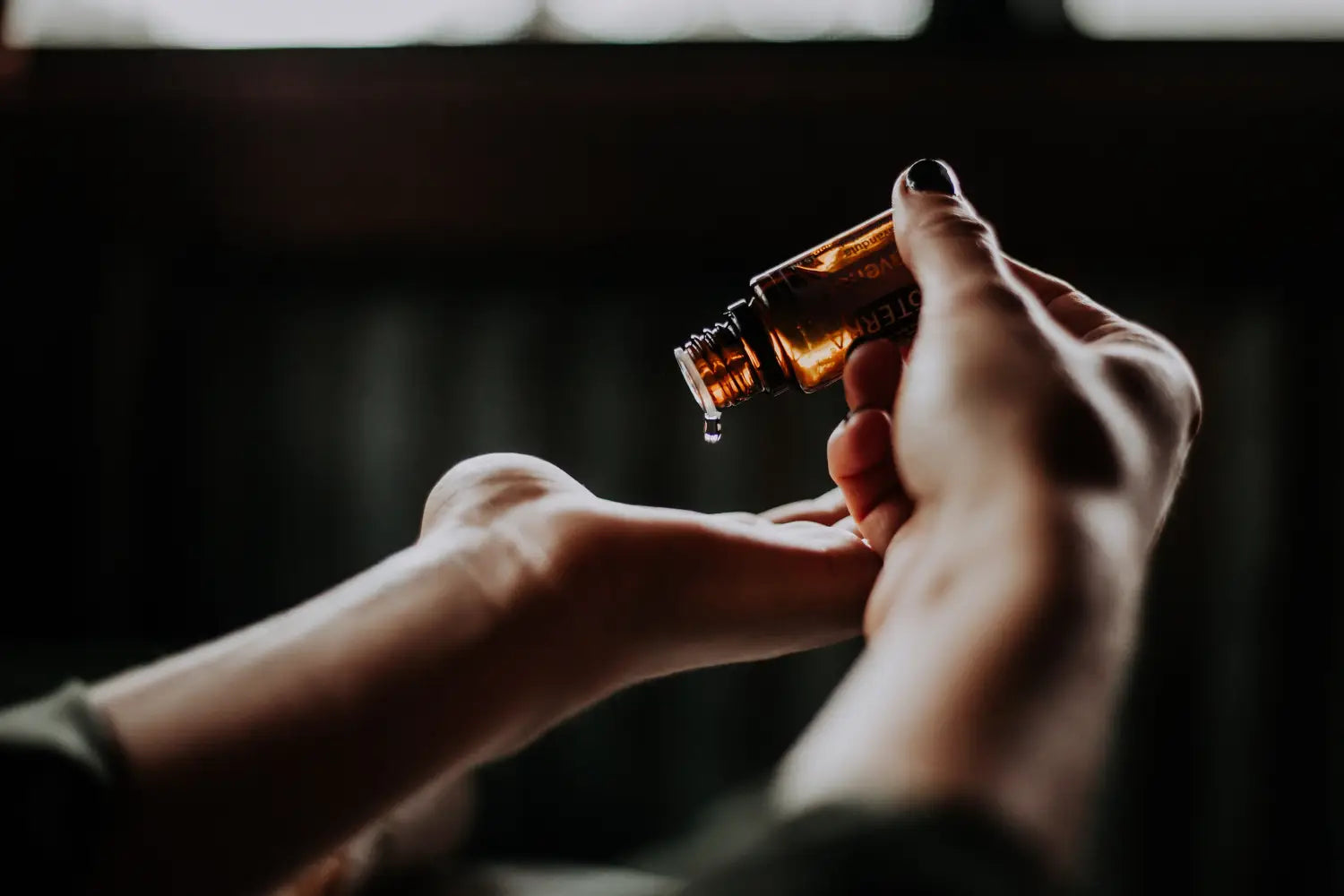CBD is taking the world by storm and is changing the way we think about health. Its enthusiasts claim it can help alleviate a wide range of ailments, including anxiety, depression, or pain, and inflammation. On top of that, CBD is known to boost one’s immune system, improve heart health, and promote better sleep. But due to its rampant popularity, CBD has also become a target of misinformation and became the victim of various controversial issues throughout the years.
For some, CBD may be nothing more potent than essential oils or healing crystals. But that cannot be further from the truth. Although it is far-fetched to believe that CBD can completely cure any disease, there is an increasing body of evidence that suggests it can be helpful in treating a number of health conditions. The article below discusses everything you need to know about CBD and how it can potentially improve your health.
WHAT IS CBD?
To begin with, it's crucial to understand what CBD is and where it comes from. Cannabidiol is one of the several active compounds found in cannabis plants, second only to THC in terms of concentration. Unlike THC, CBD is non-psychoactive and will not make you feel high.
Moreover, the human body has an endocannabinoid system that helps in maintaining homeostasis by regulating various physiological and cognitive processes such as appetite, pain, sleep, and mood.
CBD interacts with our endocannabinoid system by binding to cannabinoid receptors and thereby exerting various therapeutic effects. However, it does not directly cure any disease. Rather, it helps alleviate the symptoms of various ailments by modulating our endocannabinoid system. So, using CBD roll-ons can be a good idea to ease arthritic pain at specific points.
WHAT CBD IS NOT
CBD is often confused with THC, another active compound found in cannabis plants or marijuana. Unlike CBD, THC is psychoactive and can make you feel “high.” It is the recreational substance associated with smoking weed and the surrounding culture. Even though you can get cannabis plants with a high concentration of CBD in numerous online stores, you will not get high from consuming them. The reason is simple: CBD products, to be legal, must contain less than 0.3% or 0.5% THC, depending on the state. This amount is not enough for any psychoactive effects.
HOW CAN CBD HELP?
As mentioned above, multiple studies have suggested that CBD can help alleviate a wide range of health conditions related to sensory processing, such as anxiety, inflammation, or pain. A study published in the Anxiety and Depression Association of America Journal shows that there is evidence that CBD may be used as an effective treatment for anxiety disorders. Another study published in Frontiers in Pharmacology found that CBD may help reduce inflammation by interacting with the receptors in our endocannabinoid system.
It is recommended to always consult your doctor if you are considering taking CBD products. This is especially true if you are already taking other medications, especially those that interact with the endocannabinoid system, such as antidepressants. Although CBD is known to be relatively safe, it may interact with other drugs and potentially cause problems.
DOES CBD HAVE ANY SIDE EFFECTS?
The common side effects of CBD include fatigue, nausea, and irritability, and as with many other pharmaceutical substances, their severity may differ depending on the individual. Some people may not experience any side effects at all, while others may find them unbearable. CBD’s side effects are usually mild and temporary, but they can be more severe if you take too much.
Apart from that, the side effects of CBD greatly vary depending on the way in which it is administered. Orally ingested CBD may interact with the enzymes in your gut and cause digestive issues like diarrhea, but it is still considered to be one of the safest ways to consume CBD. Using CBD topicals or sprays may cause skin irritation, especially if complemented with certain essential oils. Needless to say, smoking and vaping CBD are the least recommended ways to use it due to the potential risks concerned with respiratory health.
LEGAL STATUS OF CBD
CBD products made from hemp plants containing less than 0.3% THC are legal on the federal level in the United States and most other countries, but their legality may vary depending on state laws. CBD products derived from marijuana plants with a high concentration of THC are only legal in states that have legalized recreational or medical cannabis.
There is also a wide range of CBD products enhanced with other substances, such as Delta-8 THC, which are not approved by the FDA and may be considered illegal in some states. Therefore, it is crucial to understand your local laws before purchasing any CBD products.
Not every drug test will detect CBD. But if you use a CBD-sensitive test or your product contains enough THC, the result may be positive. That is why you should always check for the contents of your CBD product and consult your employer before using it if that is a concern.
IN CONCLUSION
Cannabidiol is a non-psychoactive compound found in cannabis plants that has numerous potential health benefits. Although there is still more research to be done, CBD may help alleviate various ailments by interacting with our endocannabinoid system. However, it does not directly cure any disease and should not be considered a magic pill for everything.
This is why you should take overtly positive claims with a grain of salt. CBD products may have a bright future, but they are not a panacea and should be used with caution. If you plan on using CBD products, it is recommended to always consult your doctor first.


Share:
How To Consume CBD Hemp Flowers?
How to Properly Store Your CBD Oil (and Other CBD-Based Products)